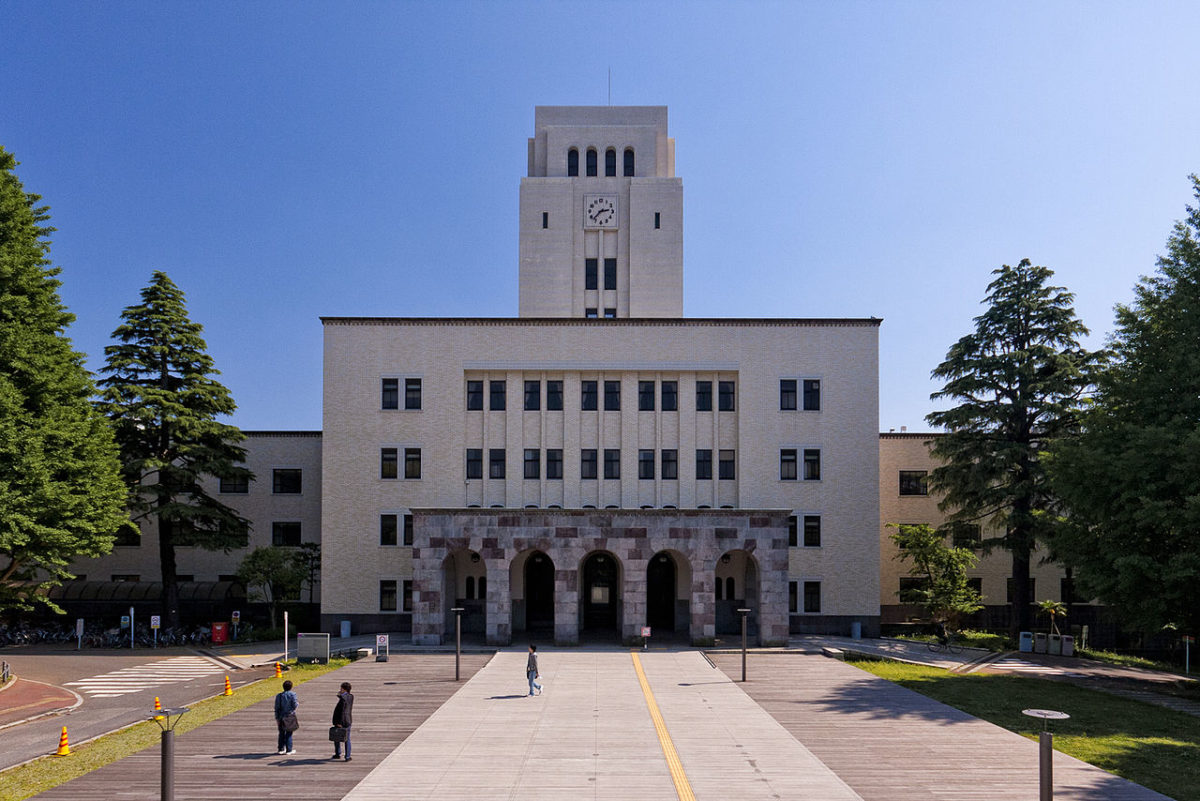The Hydrogen Stream: Japanese scientists develop proton-conducting perovskites for fuel cells
Scientists from the Tokyo Institute of Technology (Tokyo Tech) and High Energy Accelerator Research Organization (KEK) have developed a highly oxygen-deficient perovskite for protonic ceramic fuel cells (PCFCs), while the European Commission has approved its fourth Important Project of Common European Interest (IPCEI).
May 31, 2024 Sergio Matalucci

Image: 03, Japanese Wikipedia
bit.ly
Share
    
Tokyo Tech scientists have reported that their newly developed perovskite – BaScO2.5 doped with W6+ cations (BaSc0.8W0.2O2.8) – has achieved high proton conduction at low and intermediate temperatures due to its large amounts of oxygen vacancies. “By the donor doping of large W6+, this material can take up more water to increase its proton concentration, as well as reduce the proton trapping through electrostatic repulsion between the dopant and proton,” said the scientists, who published “ High proton conduction by full hydration in highly oxygen deficient perovskite” in the Journal of Materials Chemistry A. “These findings could pave the way to the rational design of novel perovskites for protonic ceramic fuel cells (PCFCs) and electrolysis cells (PCECs).”
The European Commission has approved “Hy2Move,” the fourth IPCEI in the hydrogen value chain. The project aims for a 90% reduction in emissions from the mobility and transport sectors. Member states will provide up to €1.4 billion ($1.52 billion) in public funding, potentially unlocking an additional €3.3 billion in private investments. “Hy2Move” supports innovations in hydrogen technologies for transportation, high-performance fuel cells, next-generation storage solutions, and on-site hydrogen refueling. The European Commission said 11 companies from seven EU member states – Estonia, France, Germany, Italy, the Netherlands, Slovakia, and Spain – are working on the project.
RWE said it plans to build an 800 MW hydrogen-ready gas-fired power plant at its Gersteinwerk power plant in Germany. “Following intensive technical soundings, RWE has commissioned an Italian-Spanish consortium to plan the project,” said the German company. “Work on the planning approval process is already underway.” It noted that the consortium consists of Ansaldo Energia (Italy) and Tecnicas Reunidas (Spain). RWE Generation CEO Nikolaus Valerius said the company will only make a final investment decision after it secures the connection to a hydrogen network.
The German Federal Cabinet has approved a draft bill to significantly accelerate the market ramp-up of hydrogen to 2030. “The Hydrogen Acceleration Act simplifies further planning, approval, and award procedures for the production, storage, and import of hydrogen: for example, maximum deadlines are set for approvals under water law, the early start of measures is made easier, procedures are shortened, fast-track procedures are accelerated, and test procedures for electrolyzers are simplified,” said the German government. It argued that hydrogen infrastructure projects would serve the overriding public interest. “This means that they are of particular importance when the approval authorities are weighing up decisions.”
pv-magazine.com |





